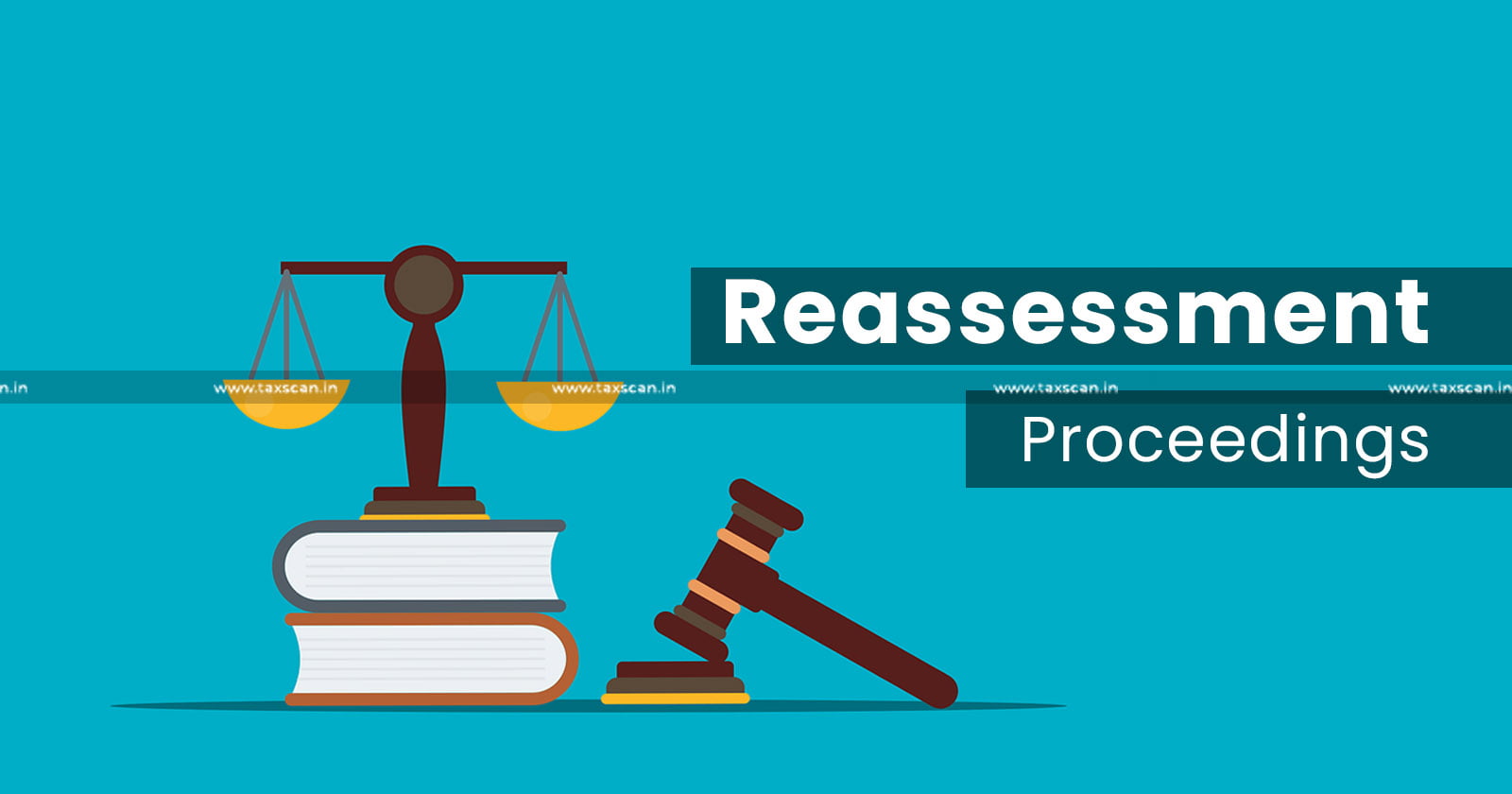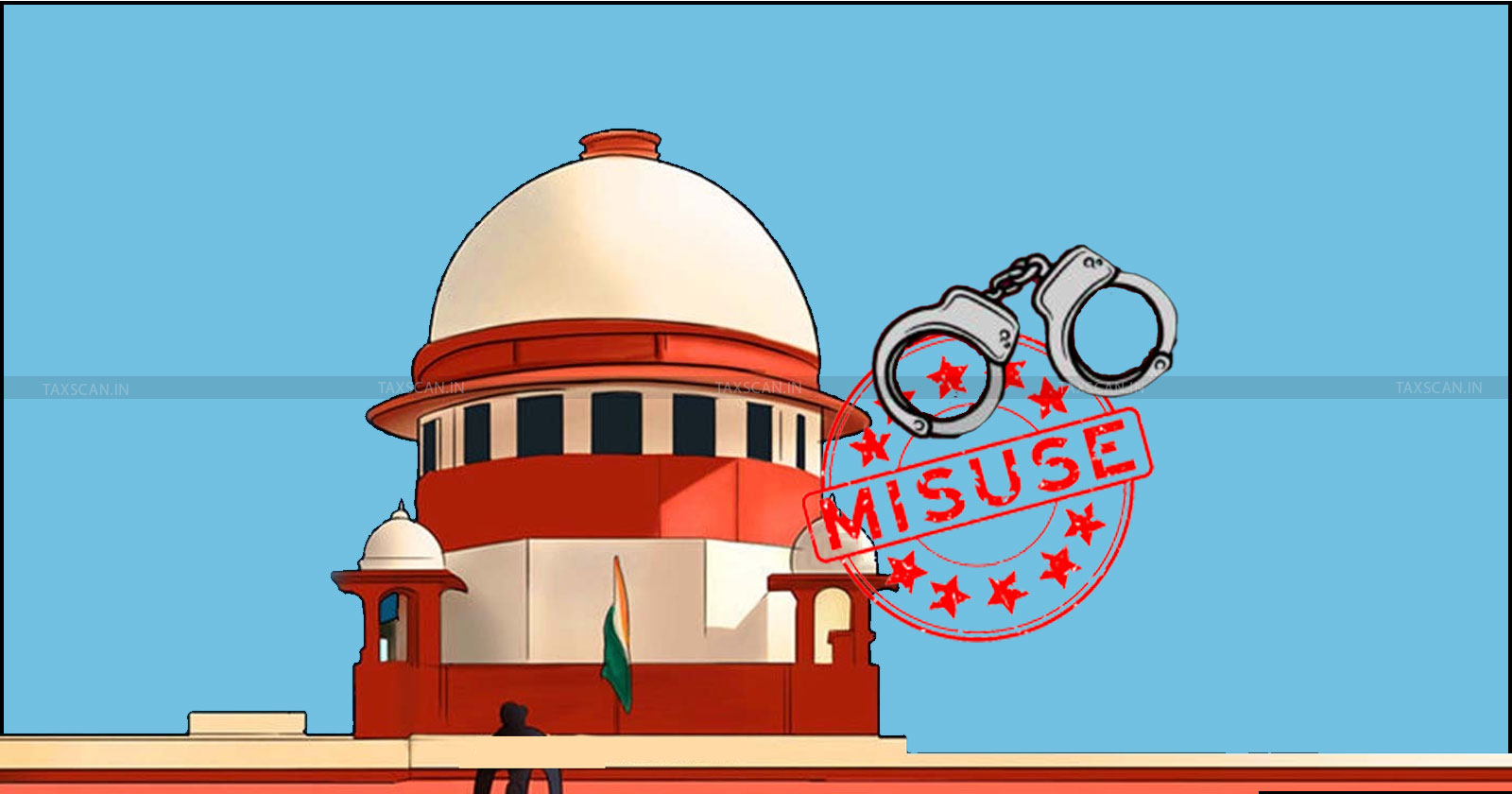Electronic Records from Seized Devices Admissible Despite Absence of S.138C(4) Certificate if Taxpayer Admits Contents u/s 108 of Customs: Supreme Court [Read Order]
Supreme Court rules electronic records from seized devices are admissible without a Section 138C(4) certificate if the taxpayer admits their contents under Section 108 of the Customs Act
![Electronic Records from Seized Devices Admissible Despite Absence of S.138C(4) Certificate if Taxpayer Admits Contents u/s 108 of Customs: Supreme Court [Read Order] Electronic Records from Seized Devices Admissible Despite Absence of S.138C(4) Certificate if Taxpayer Admits Contents u/s 108 of Customs: Supreme Court [Read Order]](https://images.taxscan.in/h-upload/2025/09/03/2083772-electronic-records-seized-devices-despite-absence-taxscan.webp)
In a recent judgment, the Supreme Court of India ruled that electronic records seized from a taxpayer’s devices are admissible in evidence even in the absence of a certificate under Section 138C(4) of the Customs Act, 1962, if the contents of those records are admitted by the taxpayer in statements recorded under Section 108 of the same Act.
The appeals arose from a judgment passed by the Customs, Excise and Service Tax Appellate Tribunal (CESTAT), New Delhi, dated 17 April 2018. In that decision, the Tribunal had set aside the demand, penalty, and confiscation orders issued by the Adjudicating Authority against Suresh Kumar and Co. Impex Pvt. Ltd. and its Directors.
The tribunal reasoned that the Department’s reliance on computer printouts and other electronic evidence was invalid due to the absence of a certificate under Section 138C(4). Challenging the Tribunal’s decision, the revenue argued before the Supreme Court that the seized documents had been duly acknowledged and signed by the Directors of the company during the investigation.
 Also Read:Income Tax Reassessment Proceedings: SC Instructs AO to Dispose of Objections as per Law Laid Down in Rajeev Bansal Case [Read Order]
Also Read:Income Tax Reassessment Proceedings: SC Instructs AO to Dispose of Objections as per Law Laid Down in Rajeev Bansal Case [Read Order]
These acknowledgments were made in the course of proceedings recorded under Section 108 of the Customs Act, and the contents of the documents were never retracted or disputed by the respondents at any stage.
The revenue also relied on the judgment in Arjun Panditrao Khotkar v. Kailash Kushanrao Gorantyal (2020), where the Court had explained that while a certificate under Section 65B(4) of the Evidence Act is mandatory for electronic evidence, practical considerations may allow for flexibility in exceptional cases.
Comprehensive Guide of Law and Procedure for Filing of Income Tax Appeals, Click Here
The revenue pointed out that Section 138C(4) of the Customs Act is similar in nature to Section 65B(4) of the Evidence Act.
The respondents argued that the requirement under Section 138C(4) is mandatory and had not been fulfilled. They further submitted that the Tribunal was correct in setting aside the demands solely on that ground.
They also requested that if the Supreme Court were to reverse the Tribunal’s decision, the matter should be remanded for a fresh hearing on other legal issues which the Tribunal had left undecided.
The Bench of Justice J.B. Pardiwala and Justice K.V. Viswanathan observed that the documents in question were accompanied by detailed records of proceedings, bearing the signatures of the Directors, and that the respondents had admitted the authenticity of these documents in their statements under Section 108.
The court explained that these admissions constituted due compliance with the substance of Section 138C(4), even if a formal certificate had not been submitted. The court pointed out that the Tribunal had committed an error by dismissing the Revenue’s case solely on technical grounds without examining the overall factual and legal context.
The Supreme Court set aside the Tribunal’s order and remanded the matter back to CESTAT for a fresh hearing on all other issues, excluding the question of compliance with Section 138C(4) of the Customs Act, 1962. The court clarified that its observations were limited to the issue of admissibility of electronic records and would not affect the Tribunal’s consideration of the case on its merits.
Support our journalism by subscribing to Taxscan premium. Follow us on Telegram for quick updates



